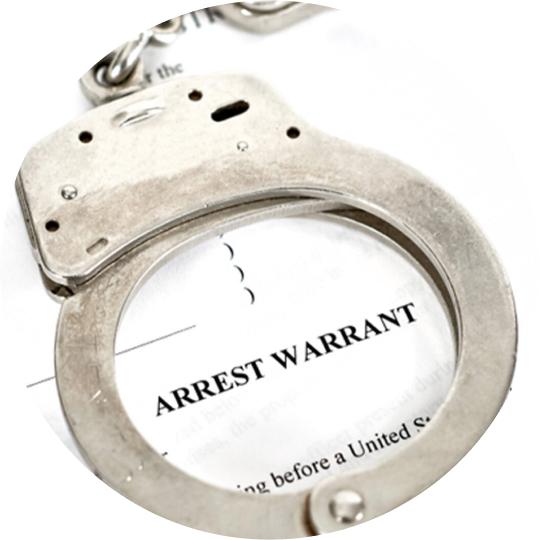Traveling by air with an open arrest warrant can be daunting, raising concerns about whether you can board a plane or face arrest at the airport. This guide delves into the challenges and risks associated with flying under such circumstances.
Where can you fly with a warrant?
You can fly with a warrant if you have all required documents like a passport for international travel and visas for destination countries. Flying with an active warrant, especially for misdemeanors, could lead to issues. In the U.S., a state-specific warrant usually doesn’t cause legal problems for domestic flights, but for broader warrants, check with airlines and law enforcement before booking. The risk of being stopped at the airport depends on the warrant’s details.
You must present valid identification, like a driver’s license or passport, and inform security for proper screenings, which helps ensure safe travel and reduces the risk of unexpected problems.
Who cannot fly with a warrant?
The ability to fly with a warrant depends on the destination country. In the United States, individuals with arrest warrants usually cannot fly due to TSA database access. In contrast, countries like Canada may have different rules, potentially allowing flight with a warrant.
People with warrants for serious crimes, fugitives, and those considered flight risks are often barred from flying. Being on the no-fly list also prohibits air travel, regardless of the warrant’s validity.
Can you travel on domestic flights with a warrant?
Flying from state to state with any type of warrant, including a felony warrant, carries risks as domestic flights differ from international ones. While there’s no way to bypass security, domestic airlines usually don’t check passenger names against warrant databases during boarding or check-in. This means you might fly interstate undetected with a warrant, but it’s not guaranteed, and security checks could still pose problems.
Flying domestically with any active warrant, including a bench warrant, may lead to complications during security checks. To minimize risks, consult a lawyer before attempting to fly with an active warrant.
Can you travel internationally with a warrant?
Traveling internationally with a warrant is generally risky and not recommended. It could be seen as an attempt to evade justice, increasing the likelihood of being detained at the border and charged with fleeing. It’s advisable to avoid international travel with a warrant and consult a lawyer before making any travel decisions with legal implications.
Crossing into another country poses the main challenge in international travel. While your home country’s airport may not pose an issue, the destination countries might not grant you a visa if you have a criminal record.
Overseas flights require database checks during security, meaning individuals with warrants face extra scrutiny even if not listed in airline security databases.
Authorities may seize legitimately issued passports before an arrest, search warrant, or court appearance, or they might let individuals keep their passports but restrict them from leaving the country.
Air travel and security checks
TSA’s Role: The Transportation Security Administration (TSA) primarily ensures passenger safety by screening for weapons, explosives, and other prohibited items. They do not actively search for individuals with arrest warrants.
Identity Verification: TSA verifies passenger identities against secure flight databases, focusing on threats to civil aviation and national security rather than arrest warrants.
Law Enforcement Interaction: While TSA doesn’t look for warrants, situations requiring local law enforcement intervention, such as disputes, suspicious activities, or finding prohibited items, may lead authorities to discover a warrant during their checks.
Risks at destination and origin airports
Local Law Enforcement at Airports: Airports often have a significant police presence. Interaction with them may result in checks for outstanding warrants.
Interstate Travel: When traveling to a different state, understand your warrant’s scope. Some are enforceable only in the issuing state, while others have broader jurisdiction.
International Travel: Customs and Border Protection (CBP) officers conduct checks during international travel. Outstanding warrants could lead to arrest upon entering the U.S.



